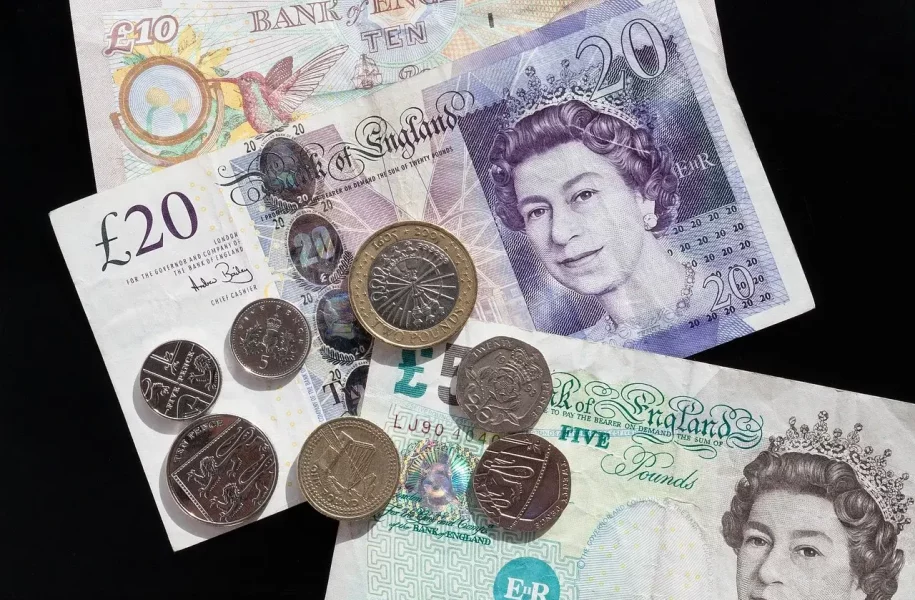Massive Response: 50,000 Weigh In on Bank of England’s Digital Pound Concerns

The Bank of England (BOE) recently received an overwhelming response of more than 50,000 submissions from the public concerning the potential introduction of a digital pound.
Deputy Governor Jon Cunliffe disclosed this in a speech, highlighting the primary concerns voiced by respondents: privacy, programmability, and the impact on physical cash.
Privacy emerged as a major worry among the respondents, focusing on how the central bank would handle personal data and ensure transaction privacy with a digital pound. Cunliffe reassured that the level of privacy with a digital pound would be akin to current electronic payments, emphasizing that the Bank of England wouldn’t have access to individual transaction data, easing fears of surveillance.
Another significant concern centered around programmability, with worries that the BOE might restrict the digital pound’s functionalities or dictate its terms of use. Cunliffe clarified that the central bank had no intentions of limiting the digital pound’s capabilities. Instead, private sector firms would be responsible for offering more programmable payment services with user consent.
The transition from physical cash to digital currency garnered attention, with concerns raised about the potential decline or disappearance of cash if a digital pound becomes widely adopted. To allay these worries, Cunliffe referred to recent government legislation ensuring the continued availability of physical cash, highlighting its importance alongside digital innovations.
READ MORE: Bitcoin Maximalist Exposes Alleged Crypto-Terrorism Connection
Cunliffe also acknowledged the various opinions and debates surrounding the digital pound’s potential introduction. While some believe rapid adoption could destabilize the banking system, others argue that the digital pound might struggle to find its place in the market. Additionally, concerns were raised about the possible division between physical cash and digital money, complicating the monetary landscape.
Moreover, the Bank of England is exploring stablecoins – cryptocurrencies tied to traditional assets like the pound sterling – and is considering a regulatory approach. Cunliffe hinted at potential restrictions on decentralized models and emphasized the need for clear risk management within the payment system. The bank is contemplating similar limitations for stablecoins as those proposed for the digital pound, emphasizing the necessity for distinct legal entities issuing stablecoins to prevent confusion between traditional and digital currency forms.













